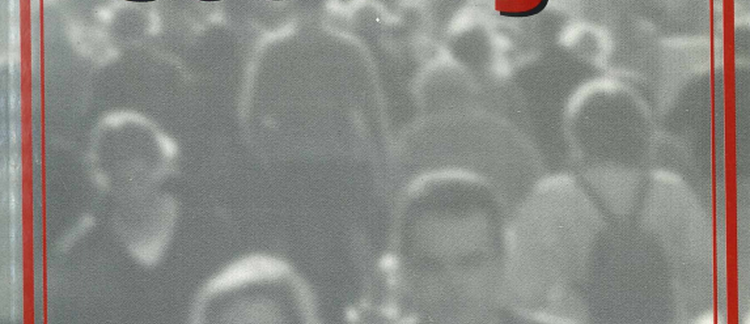Abstract
While British period drama provides appealing images of the past, the self-portrayal in Flemish period fiction is much grubbier. Flanders is mostly represented as a poor rural region, inhabited by hard-working peasants. While this representation of 'poor Flanders' partly corresponds to the real situation at the turn of the century, it is not a mere reflection. On the contrary, these series selectively construct a particular image of the past, which fits within wider discourses about Flemish identity. While this representation is not overtly nationalistic, it does support the Flemish emancipation as it suggests the existence of a long suppressed nation that, through perseverance and hard work, finally gets its due autonomy and recognition. However, in order to onderstand this representation of the past, it is also necessary to take into account the institutional context of the broadcaster's economic and artistic 'poverty'.
How to Cite:
Dhoest, A., (2002) “Zichem versus Brideshead: de constructie van nationale identiteit in Vlaamse en Britse historische tv-series”, Tijdschrift voor Sociologie 23(3-4), 465–481. doi: https://doi.org/10.21825/sociologos.86562
Downloads:
Download PDF
View PDF


